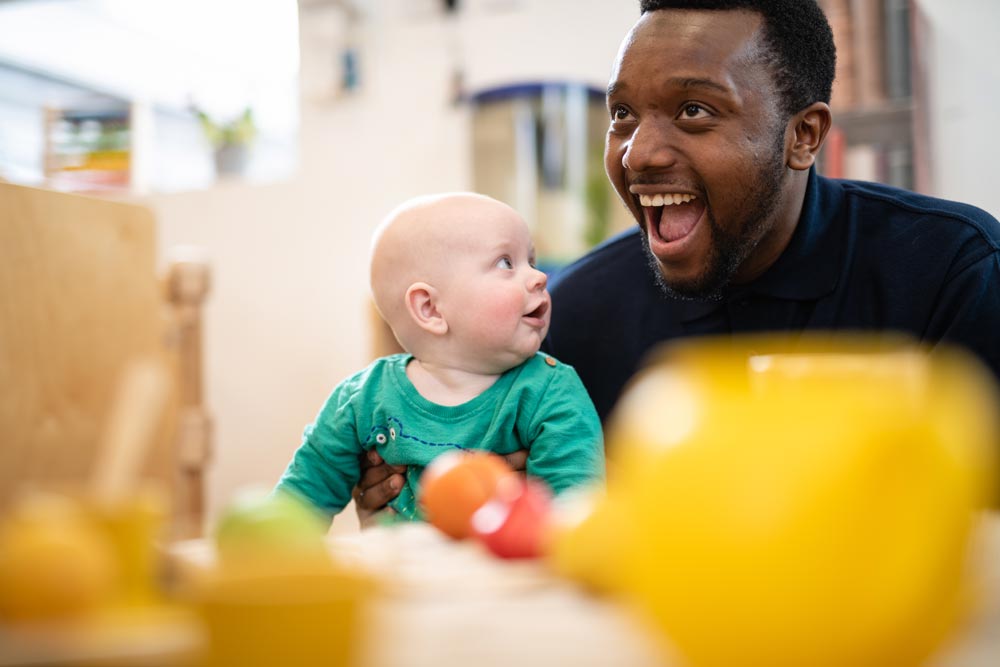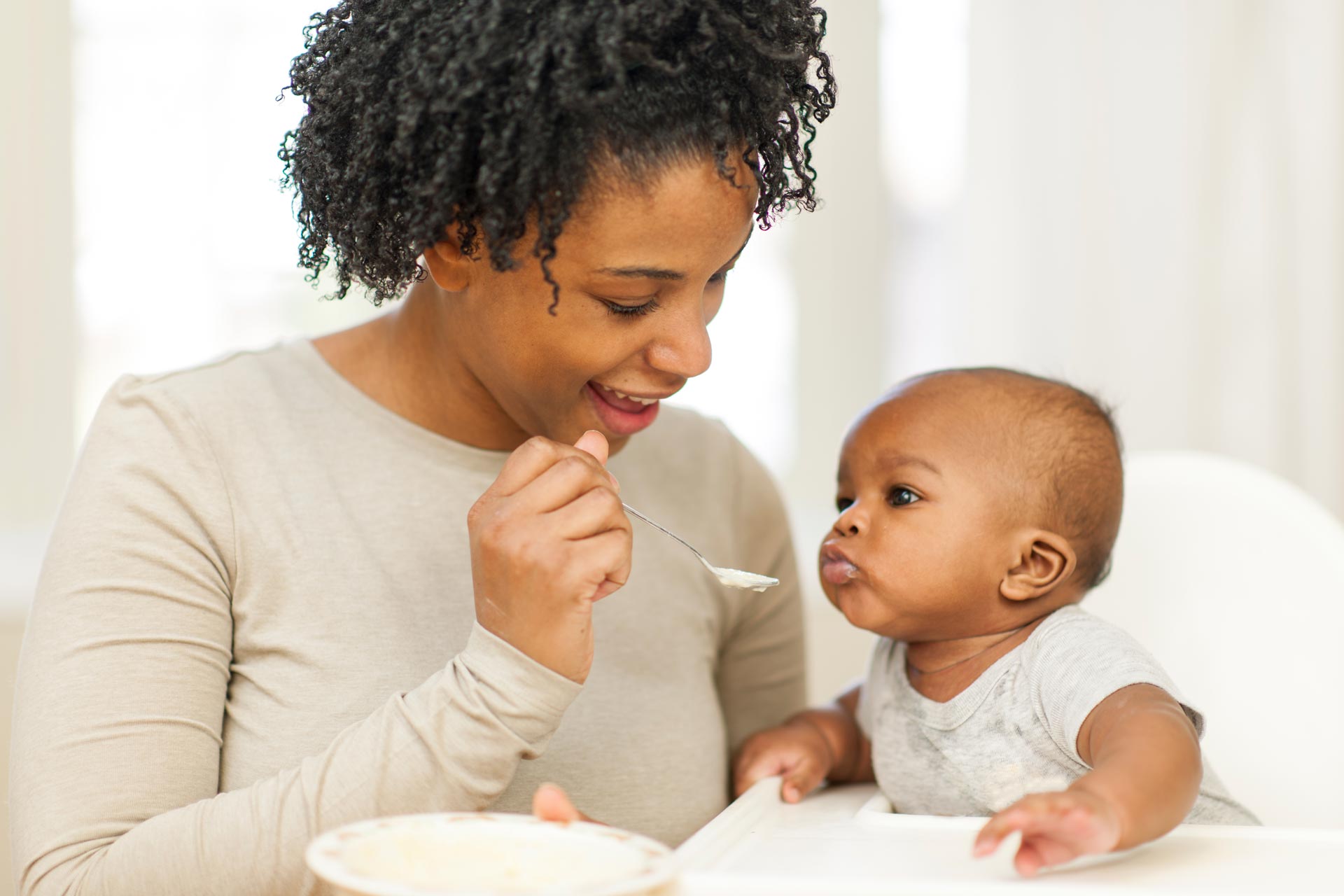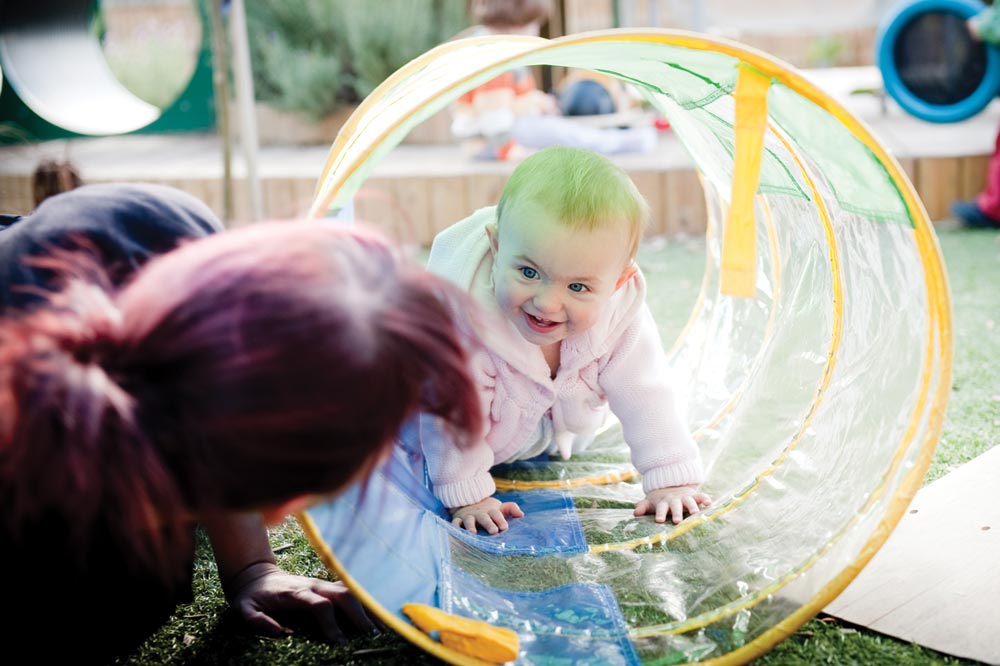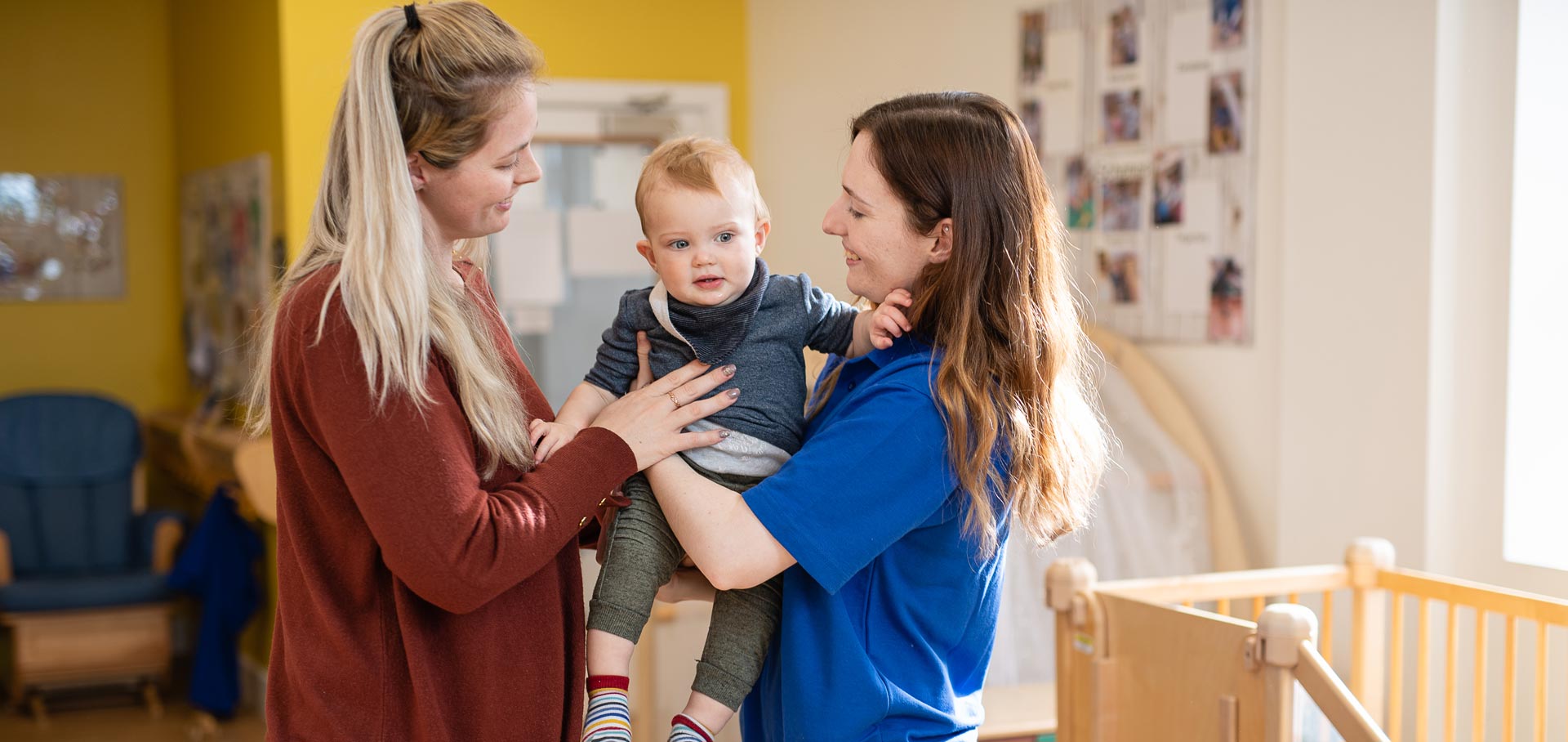
A Guide to Potty Training

How to start
Beginning to potty train your child can, for some parents, be an anxious or difficult time. With realistic expectations at the outset, plenty of time and lots of patience, you can make the journey out of nappies easier for both of you.
Children need to be able to control their bowel and bladder movements, have a desire to be clean and dry and ideally be able to tell you that they need to use the potty. Some children may be dry during the day at two years old, although this is quite early. By three years old, many children will be dry most days, although accidents will still happen. By four, the majority of children will be dry. Becoming dry overnight takes longer but will happen anywhere between three and five years.
If your child has a bowel movement at a regular time of day, such as just before bath time, have a potty around and take their nappy off, suggesting that they sit on it. If they don’t want to, this is fine; just try another time.
If your child is giving you some warning that they are about to ‘wee’, you should encourage them to use the potty. Praise them if they are successful but if they are not, just clean up and change their clothing as needed without fuss. This process can be quite lengthy for some children while others soon understand and are quite delighted about their achievements.
It is not usually advisable to provide rewards for successful potty training as children are usually happy just to see how pleased you are! Potty training can also be encouraged by involving your child in the buying of a potty in their favourite colour, or shopping for pants with a design that appeals to them, or by observing siblings using the potty correctly. Discuss your potty training plans with your child’s Key Person so that there is the same, relaxed approach at nursery and at home. We can both work together to support your child to make the big step from nappies to pants.
Most importantly, don’t worry – it will happen. Few children are unable to control their bladder and bowel movements as they grow older; those who can’t usually have some kind of medical or physical problem. Remember every child is different and the more stressed you both become, the more difficult the transition is for the child. So, relax and take it one step at a time. Many families find it easier to be successful when they can leave their child without underwear for a few days or a week or two at a time, so in the summer break often works. The potty can be available (or several in strategic points around the home and garden) so that your child can simply use it when they need to, without worrying about having wet or soiled pants. Often, a concerted effort, when the time is right, has very speedy results.
More key stage guides...










